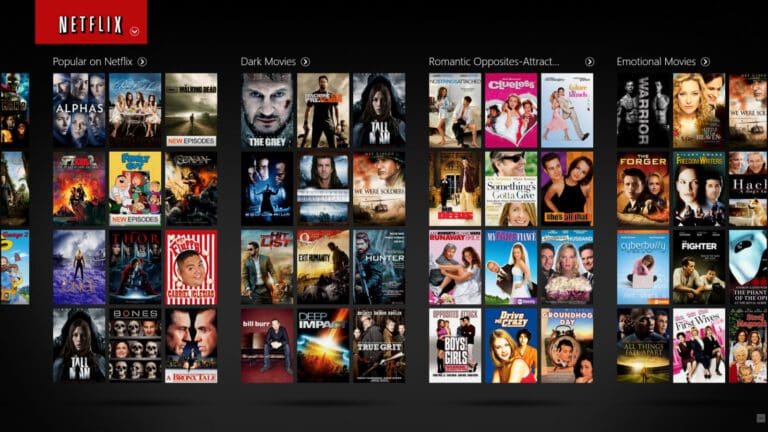Data is getting increasingly difficult to work with. Enterprise data sharing has long been a difficult process. Endless bureaucracy and suboptimal data outcomes make the lives of engineers and data scientists difficult. Vendors and start-ups are asking for your data to work with. Research partners want access as well. Off-shore development teams rely heavily on data sharing for testing applications. For example, analytics projects need to span several organizations and countries. Cross border data sharing is getting increasingly difficult all over the world. With an increase in data privacy legislations and rulings, like Schrems II effectively prohibiting US-EU data sharing, such projects turn out to be impossible to pull off. An increasingly hostile cybersecurity environment further inhibits free data flows making organizations more reluctant than ever to share data.
